Book Report:
Focusing on Kubrick
English Professor Looks at Famed Filmmaker’s Work from a Personal Perspective
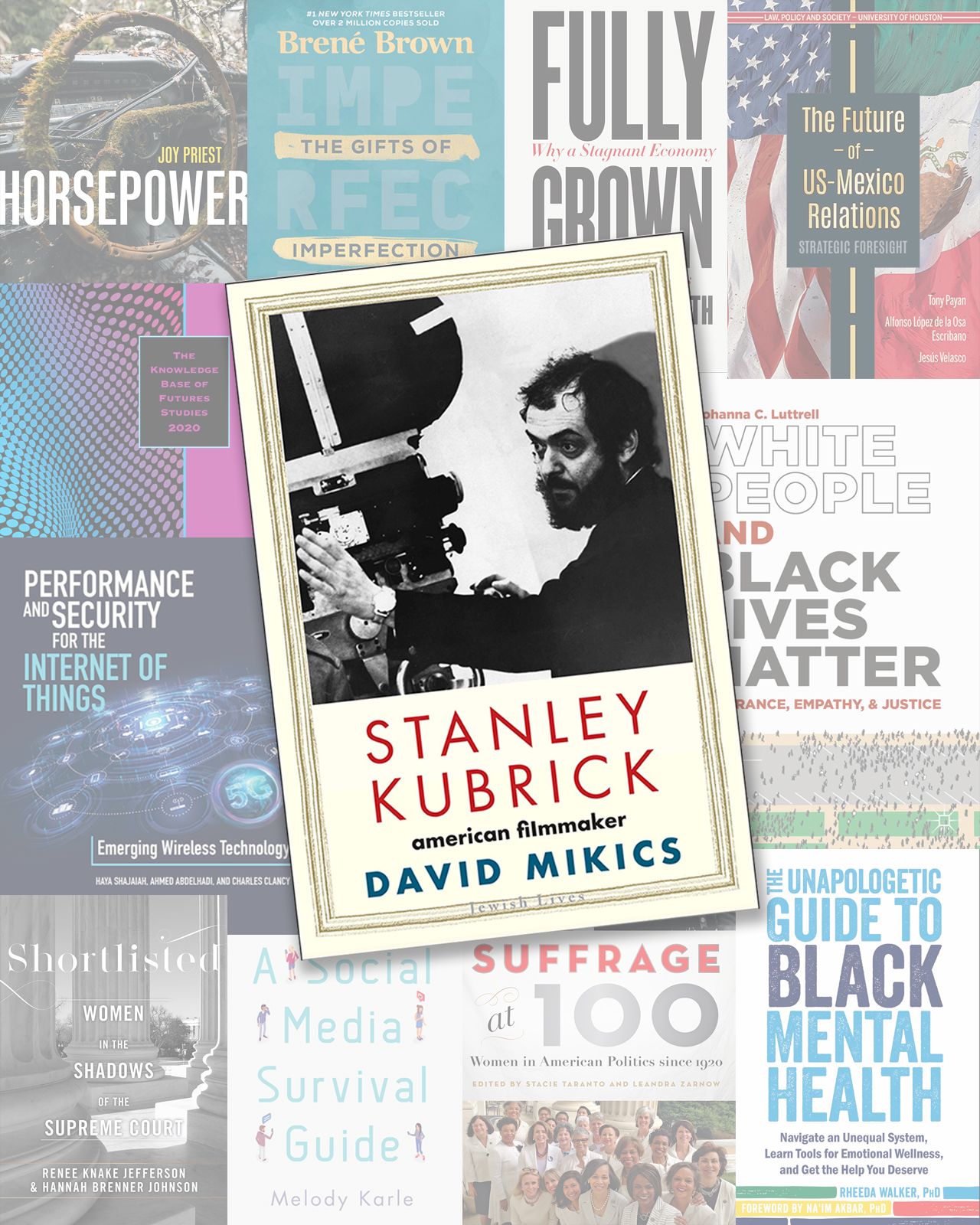
David Mikics, the John and Rebecca Moores Distinguished Professor in the English Department and Honors College, has written a number of books about traditional literary subjects like Milton, Emerson and the sonnet. In his latest work, he turns his attention to the movies, studying Stanley Kubrick, the filmmaker widely acclaimed for such productions as 2001: A Space Odyssey, Spartacus, Dr. Strangelove and The Shining. The book has been drawing appreciative reviews – “a brisk study of his films, with enough of the life tucked in to add context as well as brightness and bite,” said one – and Professor Mikics recently answered a few questions for Book Report.

Photo: Juda S. Harris
Q. By some accounts, there have been more books written about Alfred Hitchcock and Stanley Kubrick than any other filmmakers. What prompted you to do another book about Kubrick?
DM: I thought that there was still much to be said about Kubrick’s movies, even though some remarkable critics have written about them. Also, I wanted to show how his life and his art are connected in a way that other books haven’t.
Q. The New York Times review praised your work as “a cool, cerebral book about a cool, cerebral talent.” Is that an accurate assessment? Did you intend to mimic Kubrick’s tone?
DM: I didn’t set out to be cool, much less cerebral, but maybe Kubrick’s style rubbed off on me. He frequently depicts strong emotions in his films, but the emotions are seen from a distance, by the director’s lucid, and yes, cool, eye.
Q. If we apply Isaiah Berlin’s classic “hedgehog or fox” distinction – with the former having a single, overarching vision and the latter being pluralistic – where does Kubrick fall?
DM: Kubrick is on the surface one of the foxiest of filmmakers. He works in different genres, and his movies feel quite disparate in tone: compare the antic, over-the-top Dr. Strangelove or A Clockwork Orange to the stately harmony of 2001: A Space Odyssey. Sometimes what ties the movies together is hard to see, but once you do see it, they open up: for instance, Barry Lyndon, The Shining and Eyes Wide Shut are all films about marriage. There is a hedgehog side, but it can’t be summed up easily.
Q. Is there a central theme in Kubrick’s work? I’m reminded of the drill sergeant in Full Metal Jacket shouting “What is your major malfunction?” That seems to echo throughout many of his films.
DM: Malfunctions are important, yes, and 2001, The Killing, Dr. Strangelove and other movies hinge on them. The urge to reshape humans in order to eliminate malfunction is a theme in A Clockwork Orange and Full Metal Jacket. Kubrick often focuses on mastery that fails, botched rebellions and a child’s effort to escape (see The Shining, Lolita and A.I., which Kubrick developed, though it was finally directed by Steven Spielberg). Kubrick’s work gives us a cluster of related themes, and figuring out how they connect is quite enthralling.
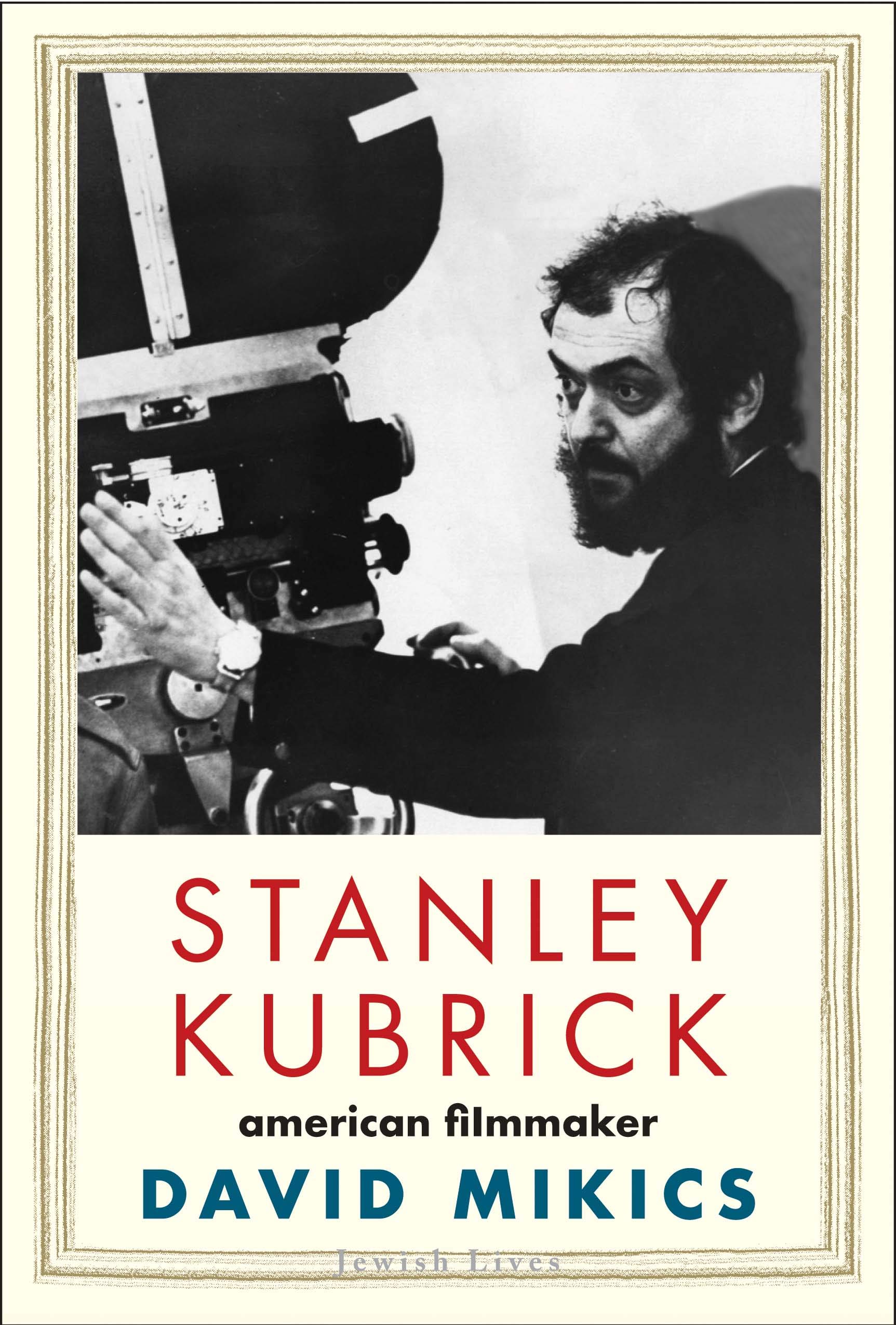
Stanley Kubrick: American Filmmaker, by David Mikics. 248 pp., illustrated. Yale University Press.
Q. Kubrick was an expat living in England, his subjects/themes often international and his style oddly singular. But your title sort of throws down the gauntlet – American Filmmaker. In what way?
DM: Kubrick reprises certain classic American themes like rebirth through violence, macho revolt and the fantasy of being a self-made man. He works in key American genres: the road movie (Lolita), the war movie (Paths of Glory, Full Metal Jacket), horror (The Shining), the juvenile delinquency movie (A Clockwork Orange), the comedy of remarriage (Eyes Wide Shut) and science fiction (2001). When he talked about other directors, Kubrick praised Europeans more than Americans, but that’s probably because he thought the Americans were too close for comfort. His major heirs are mostly American: Terrence Malick and the Coen Brothers.
Q. Your book is both film critique and biography. In writing about Kubrick’s personal life, did you come upon things that made you say, “Hmm, well that helps me understand this film or that film better”?
DM: One of the big moments I had digging through the Kubrick archive in London was discovering his script treatments from the mid-1950s, during his troubled second marriage with the dancer and art designer Ruth Sobotka. None of the scripts were made, but they say a lot about Kubrick’s emotional state at the time. They describe marriages filled with Dostoyevskian quarrels, jealousy and concealed torment. Kubrick later married Christiane Harlan, who appeared in Paths of Glory. Their marriage, companionable and happy, lasted for 40 years, but the ghost of the relationship with Ruth Sobotka haunts Barry Lyndon and The Shining, and it’s finally put to rest in Eyes Wide Shut, where the couple overcomes jealousy and resentment at the end, thanks to Alice Harford (Nicole Kidman). She does for her husband Bill (Tom Cruise) what Christiane did for Stanley, bringing him out of fear and lonely rebellion into a truer relationship.

Photo: Juda S. Harris
Photo: Juda S. Harris

Stanley Kubrick: American Filmmaker, by David Mikics. 248 pp., illustrated. Yale University Press.
Stanley Kubrick: American Filmmaker, by David Mikics. 248 pp., illustrated. Yale University Press.
Q. There are a number of “fun facts” in the book that should delight film fans. Like Elvis being a big fan of Dr. Strangelove. Or Kubrick disliking the quintessential “I am Spartacus ...” scene in his gladiator epic. Do you have some favorites?
DM: I was given so many fascinating anecdotes by Christiane Kubrick, the filmmaker’s widow, and by Vincent d’Onofrio, who played Private Pyle in Full Metal Jacket. Vincent told me that Kubrick would have him and Matthew Modine over to his house on Saturday nights and he would screen movies for them. They’d talk about Woody Allen, Spielberg, and other directors, and they’d drink Heinekens. Before d’Onofrio acted Pyle’s suicide, Kubrick told him, “Just be sure you make it big—Lon Chaney big.” Oddly enough, d’Onofrio had just seen a movie starring Lon Chaney, who played the Hunchback of Notre Dame and the Phantom of the Opera in the silent era. Vincent sure went big: it’s a brilliant, bloody shocker, that scene.
Q. In your Acknowledgments, you thank your UH Honors College students. What role did they play?
DM: Every fall I teach a course called “Film, Text and Politics,” and I usually include a Kubrick movie or two, like The Shining or Full Metal Jacket. There have been some terrific student papers on the ending of Full Metal Jacket, especially, which reaches out for interpretation. There’s a lot to say about Joker’s killing of the sniper and his final voiceover in that last scene. I thank three or four students by name, as I like to do in all my books, but there were others who got me thinking hard as well.
Q. What remains unexplored or unexplained in Kubrick’s work?
DM: Kubrick’s movies tempt us to see them again and again. They tease us with the possibility that we’ll grasp them better, and they are full of odd clues, which is one reason why conspiracy theorists have gravitated toward The Shining and Eyes Wide Shut. But they can’t be solved, as the conspiracy theorists think they can. They remain mysterious, at some basic level. 2001 was the first Hollywood movie that demanded active speculation from the audience. They had to try to reach for the movie’s meaning, and they couldn’t quite get to it, which was part of the experience. So there will always be more to say, more to notice and more to think about, in Kubrick’s films.
Q. So ... OK, what does the famous ending of 2001: A Space Odyssey really mean?
DM: It’s a moment of rebirth like Strangelove rising from his wheelchair at the end of Kubrick’s previous movie, but whereas Strangelove, thrilled by world destruction, is resurrected into his familiar Nazi self, the Starchild that Dave Bowman becomes is utterly new. There is a chilling and destructive possibility there, but also a kind of Nietzschean hope. But there’s no telling what will happen next, and when the Starchild turns his eyes toward us, we feel a sublime shudder. It’s one of the greatest moments in film, and the whole point is that you just don’t know what it means!
Book Report
Select a book cover for more information.
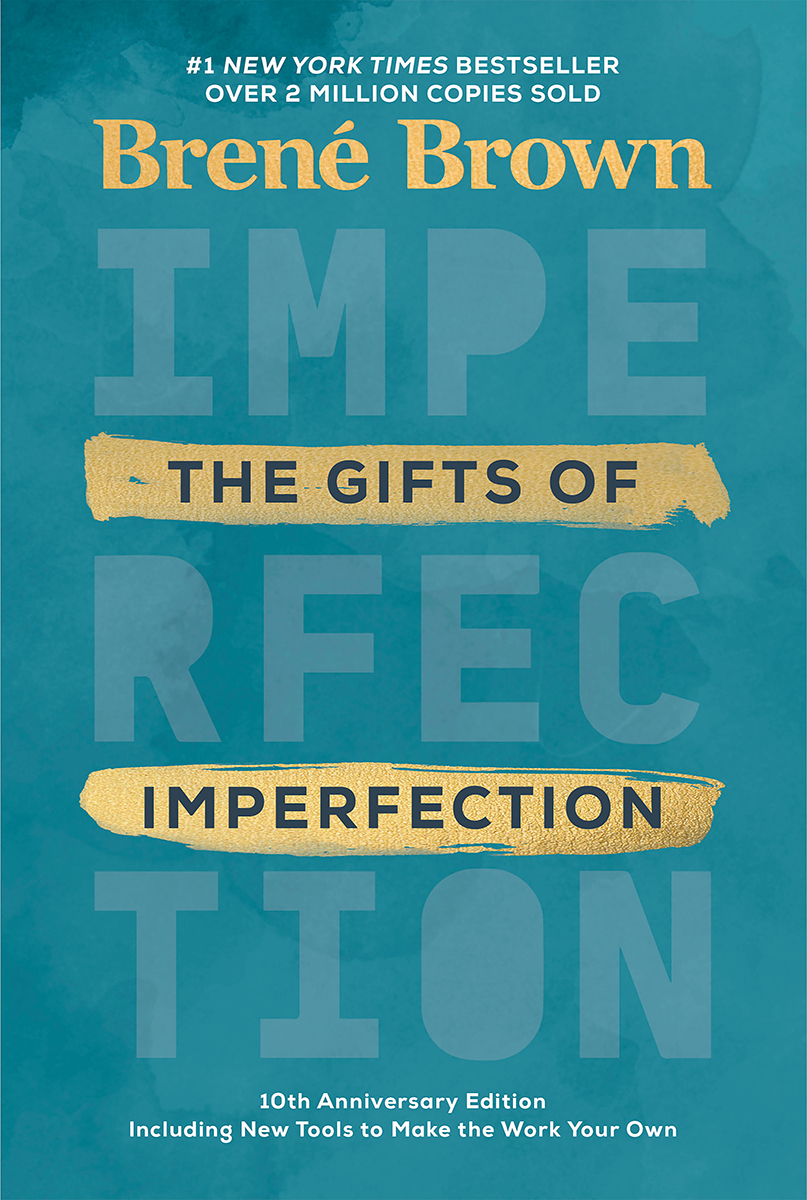
The Gifts of Imperfection,
208 pp. Random House.
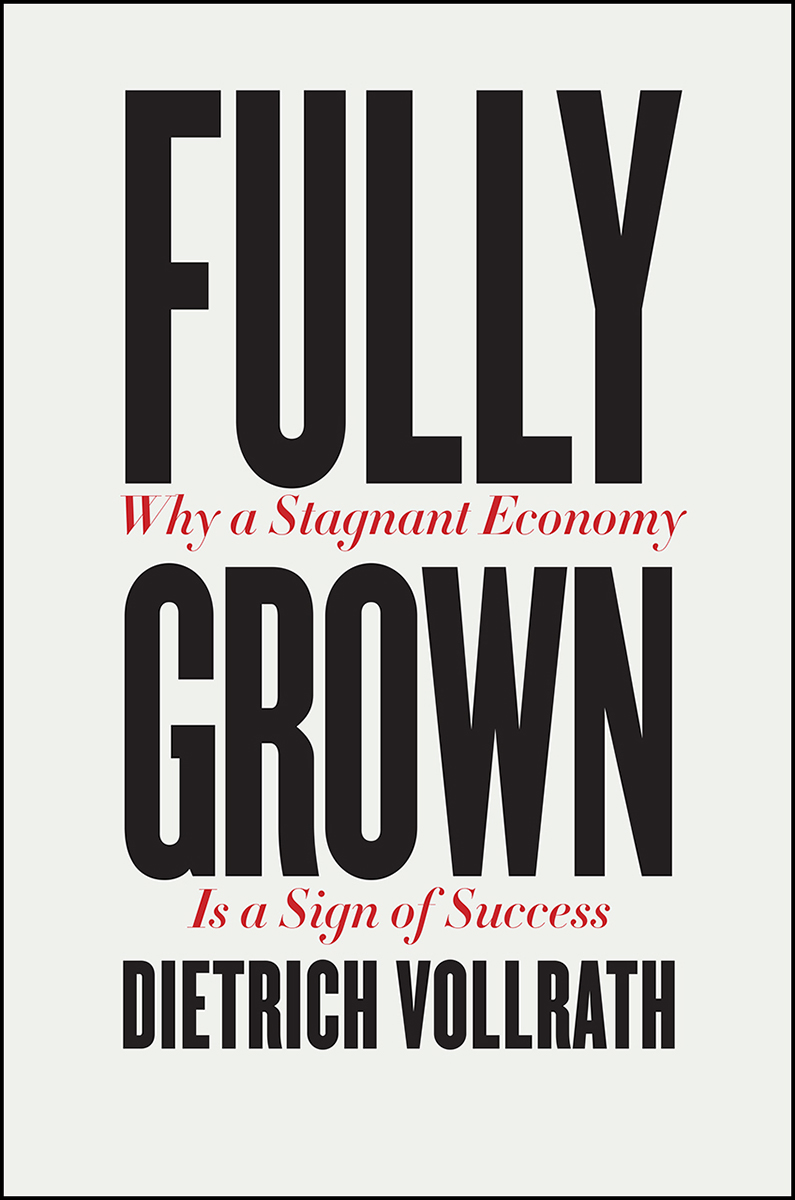
Fully Grown: Why a Stagnant Economy Is a Sign of Success,
296 pp. University of Chicago Press.
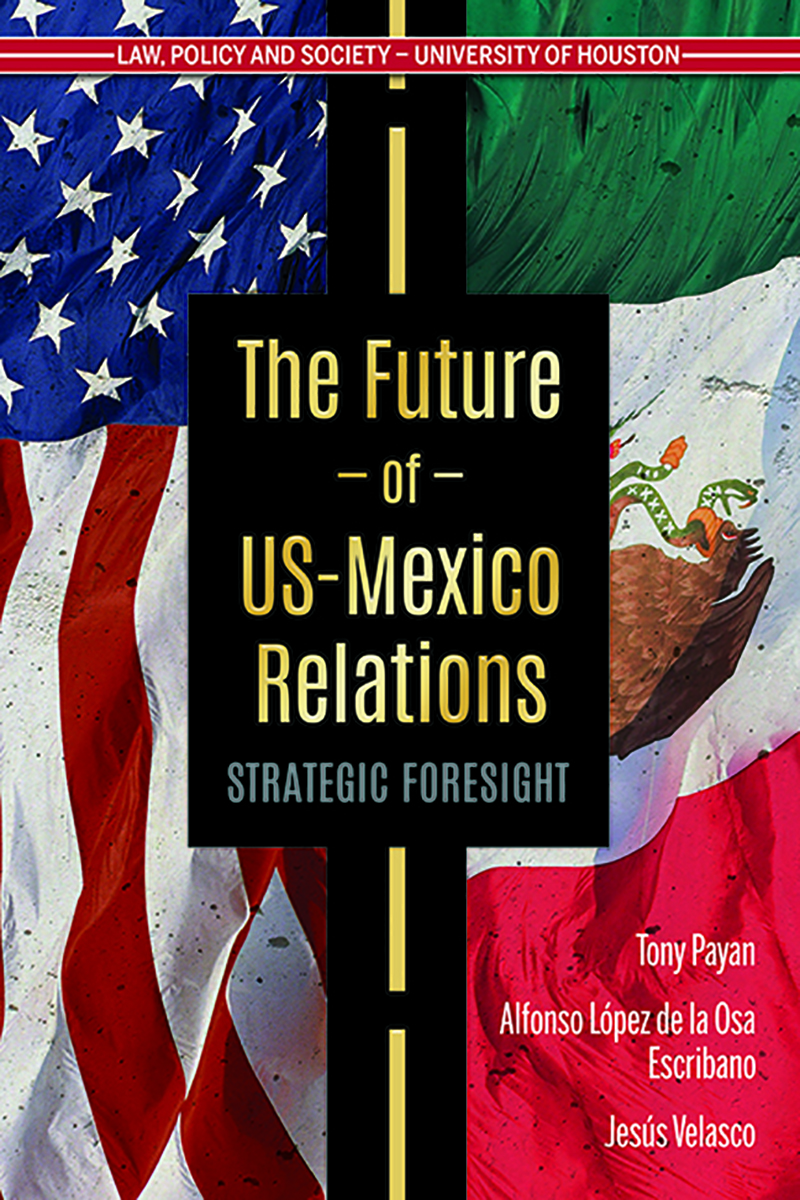
The Future of U.S.-Mexico Relations: Strategic Foresight,
304 pp. Arte Publico Press.

Horsepower,
68 pp. University of Pittsburgh Press.
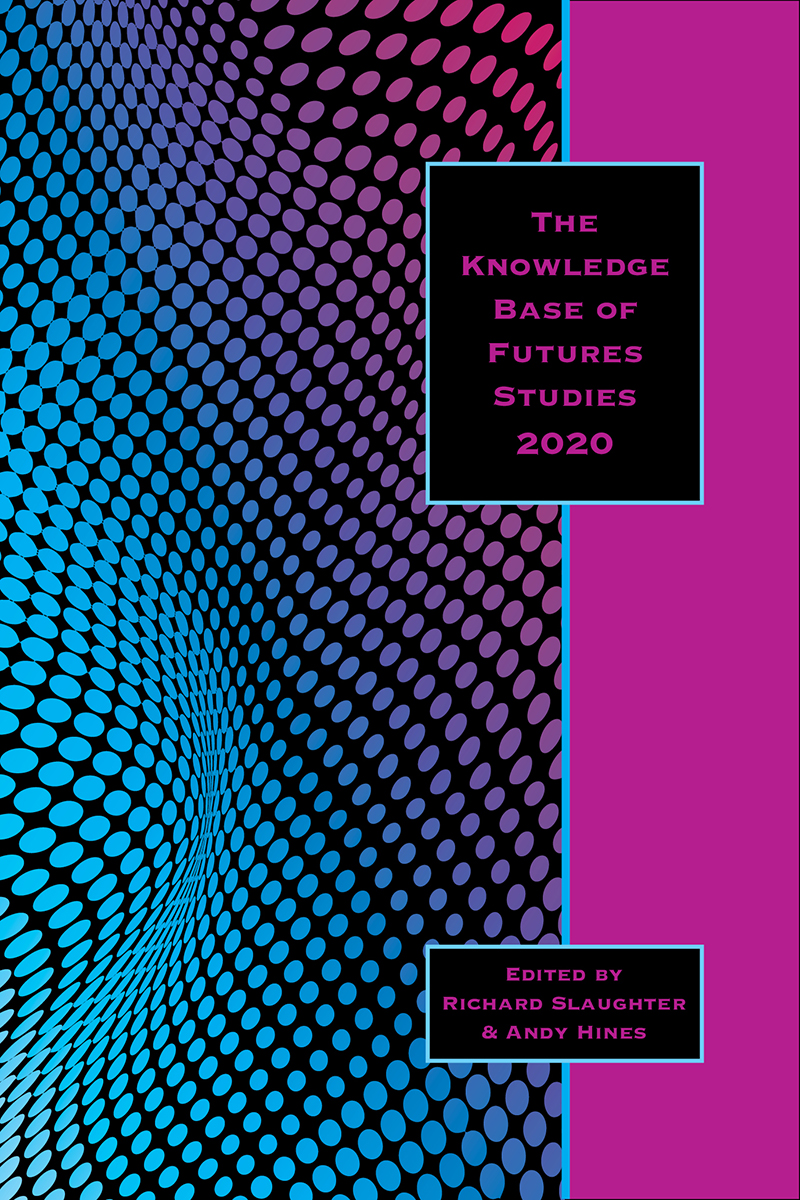
The Knowledge Base of Futures Studies 2020,
508 pp. Association of Professional Futurists.
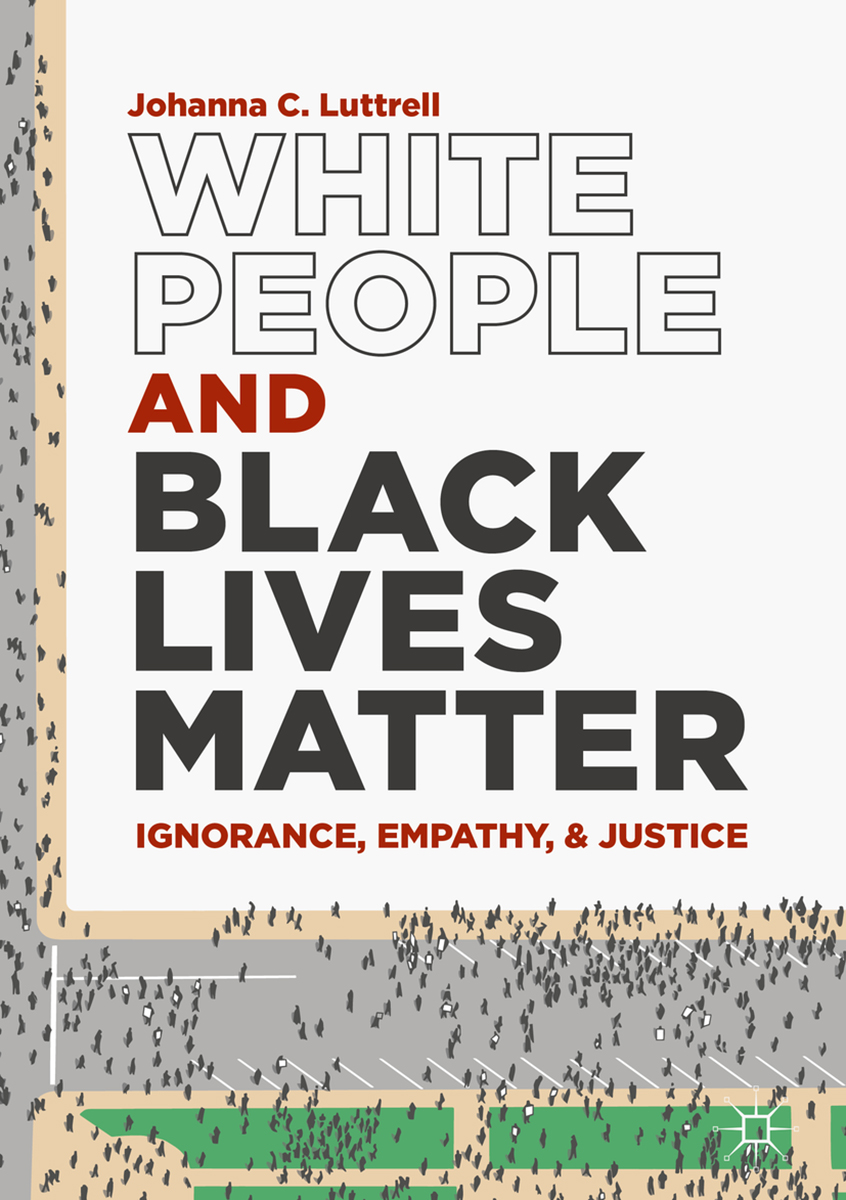
White People and Black Lives Matter: Ignorance, Empathy, & Justice,
151 pp. Palgrave Macmillan.

Performance and Security for the Internet of Things: Emerging Wireless Technologies,
208 pp. McGraw-Hill Education.
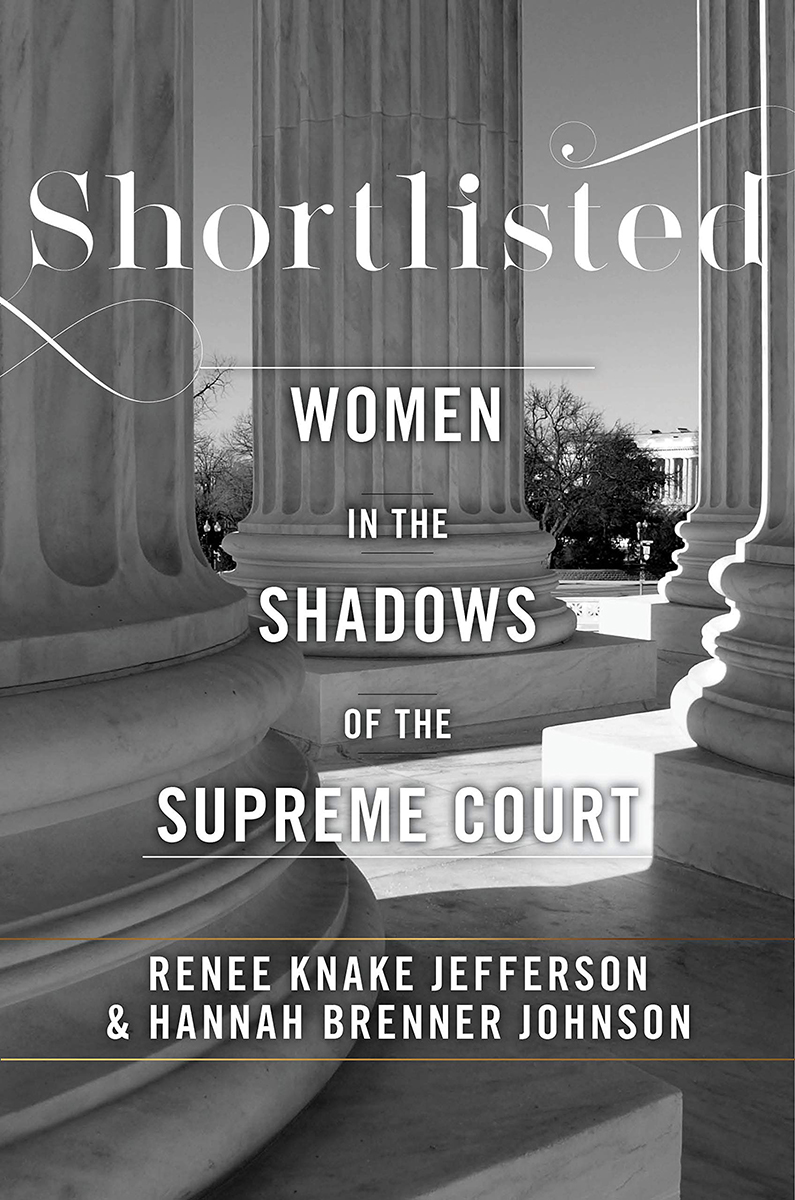
Shortlisted: Women in the Shadows of the Supreme Court,
304 pp. NYU Press.
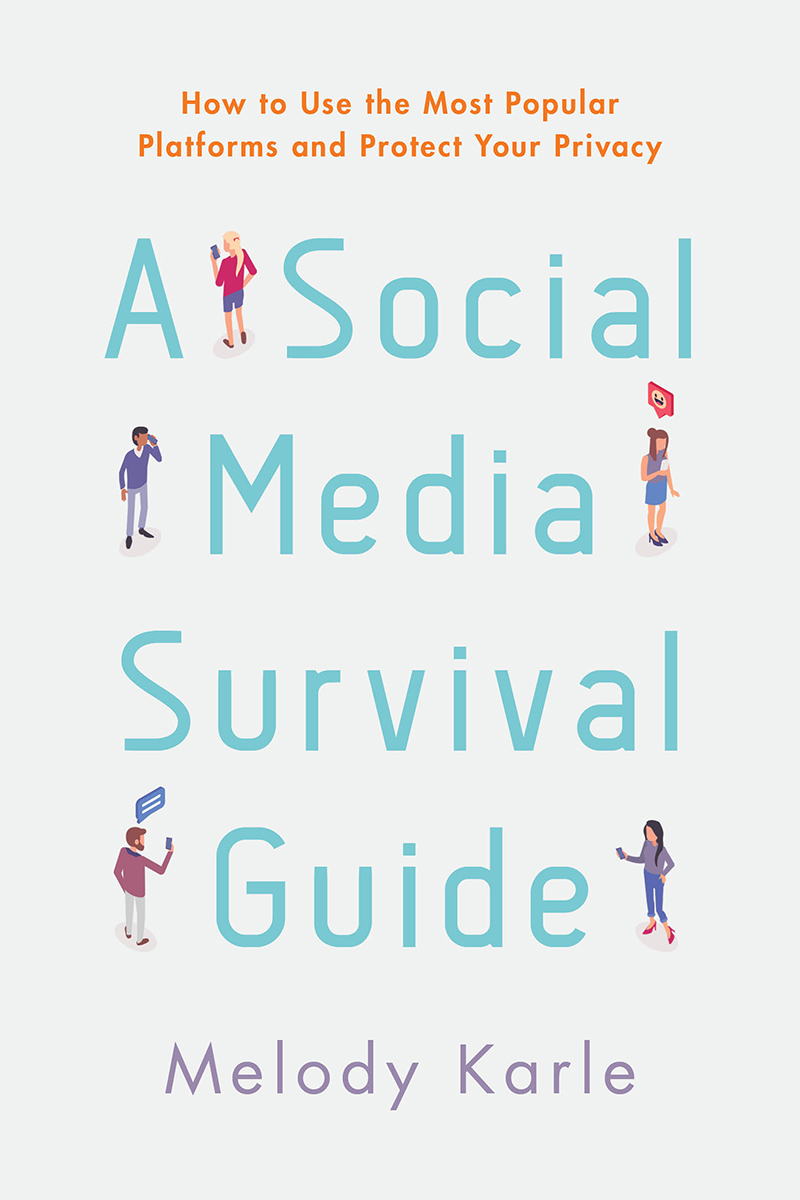
A Social Media Survival Guide: How to Use the Most Popular Platforms and Protect Your Privacy,
184 pp. Rowman & Littlefield.
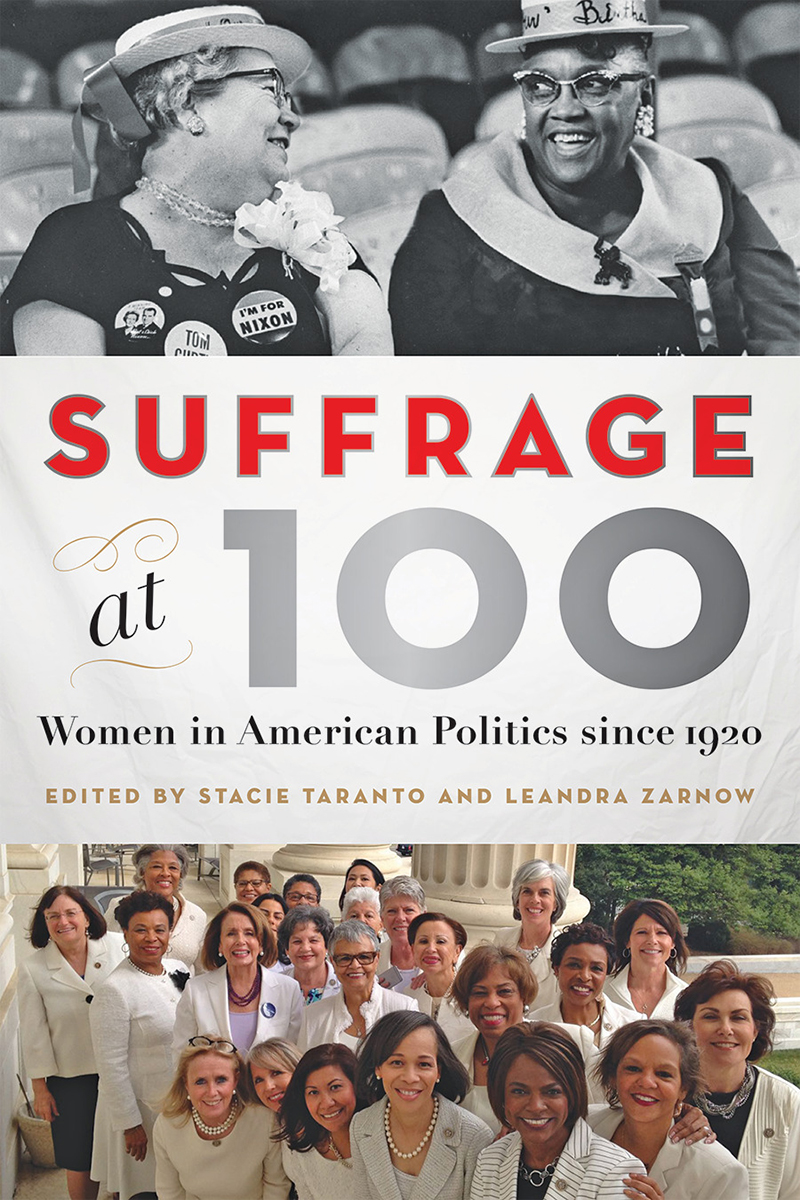
Suffrage at 100: Women in American Politics since 1920,
472 pp., illus. Johns Hopkins University Press.
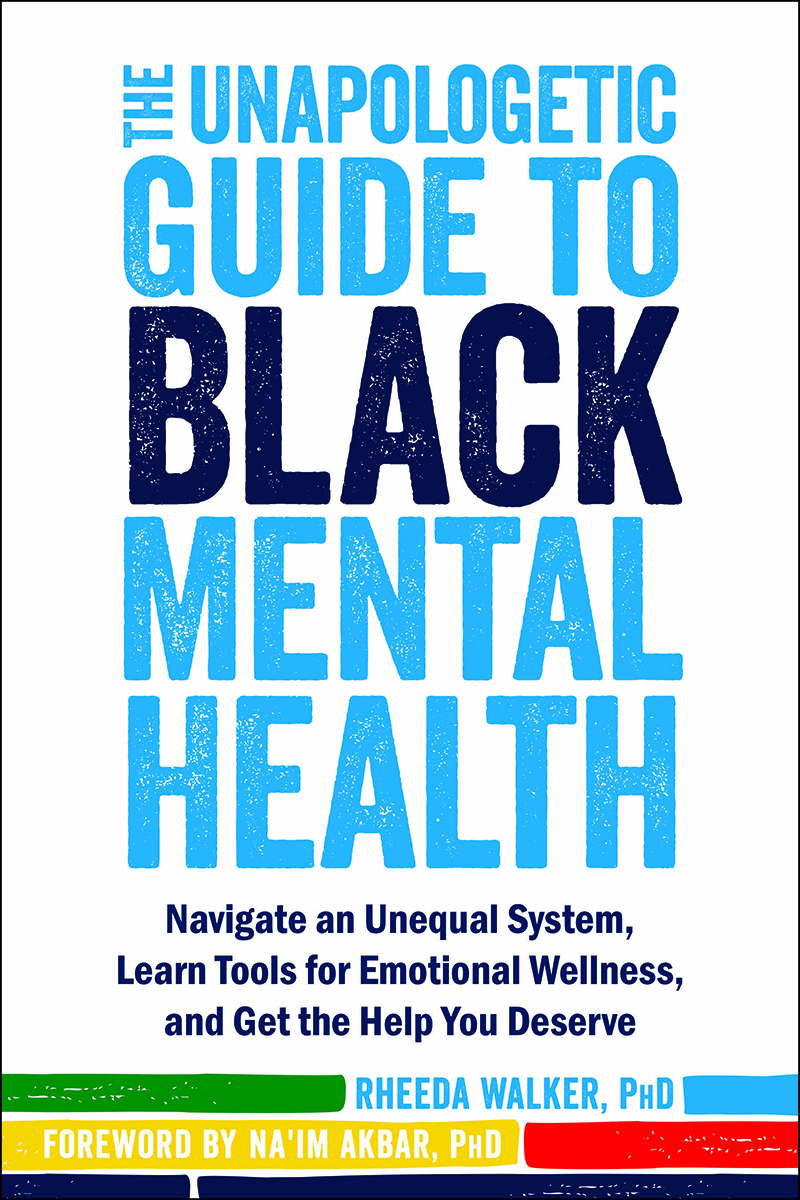
The Unapologetic Guide to Black Mental Health: Navigate an Unequal System, Learn Tools for Emotional Wellness, and Get the Help You Deserve,
232 pp. New Harbinger.
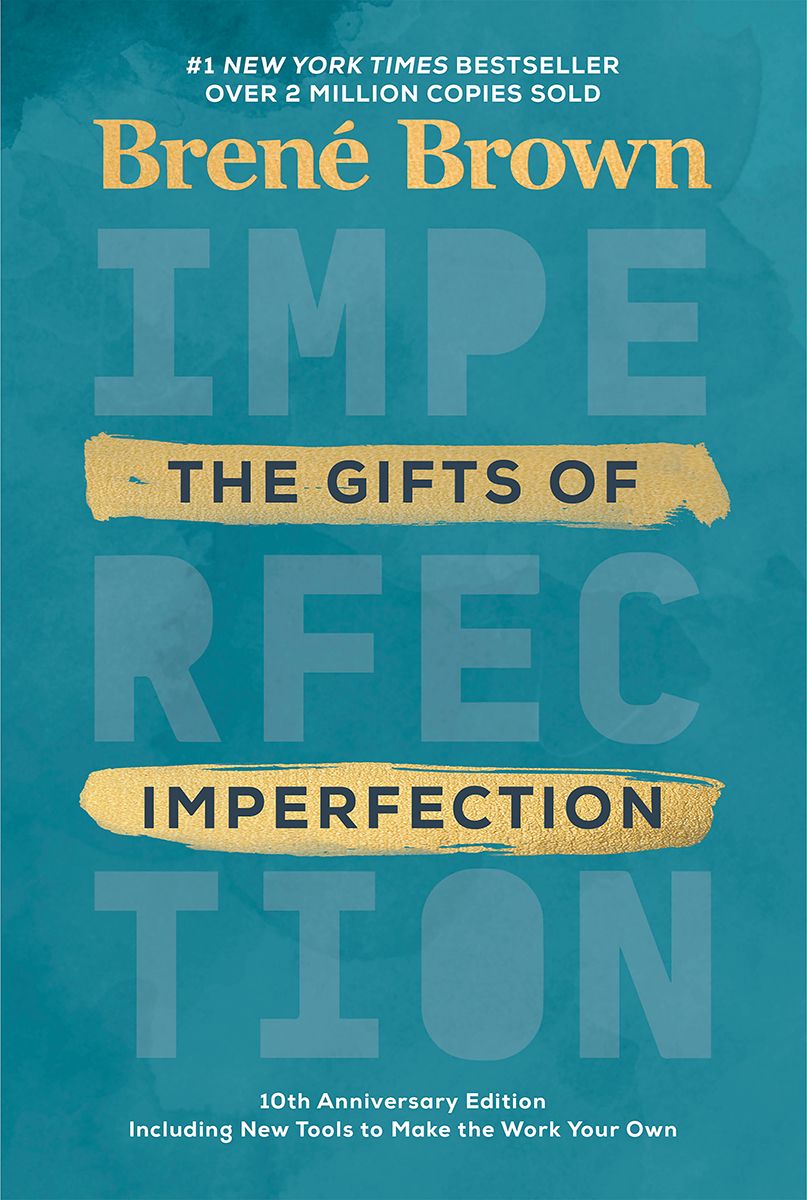

Author Brené Brown
Author Brené Brown

The Gifts of Imperfection, by Brené Brown.
208 pp. Random House.
A decade ago, when Brené Brown was still in the initial stages of achieving the self-help super-stardom she now enjoys, her early book, “The Gifts of Imperfection,” was published only as a paperback. That didn’t prevent it from eventually becoming a New York Times bestseller, of course. But, still. “Just” a paperback.
Now, on the occasion of the book’s 10th anniversary, her publisher has decided to redress that slight, re-issuing it as an impressive hardcover. Brown has added a new foreword and polished up the tools and guideposts the book provides to help people embrace “wholehearted living” and confront the sabotaging expectations that get in the way.

Author Brené Brown
“Revolution might sound a little dramatic,” she writes, “but in this world, choosing authenticity and worthiness is an absolute act of defiance.”
Brown is a research professor who holds the Huffington Foundation-Brené Brown Endowed Chair in the Graduate College of Social Work at UH.
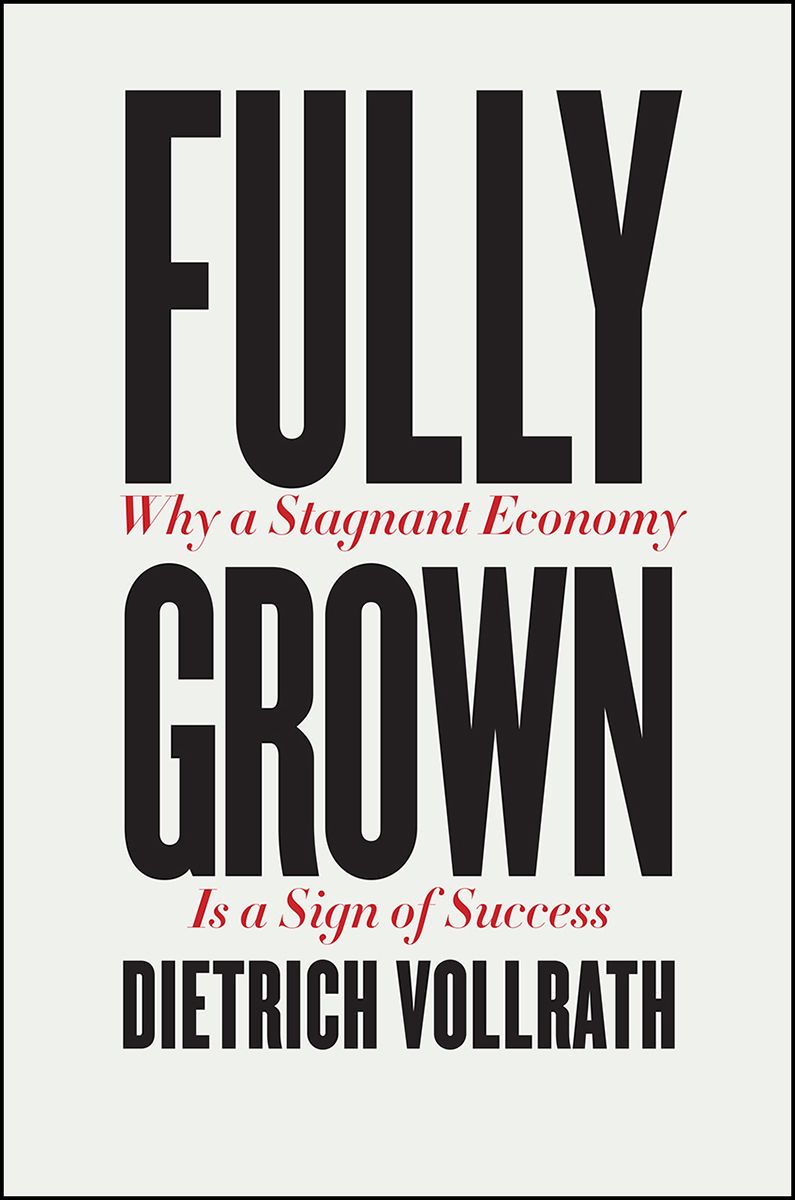
Fully Grown: Why a Stagnant Economy Is a Sign of Success, by Dietrich Vollrath.
296 pp. University of Chicago Press.
Does a slowdown indicate economic problems? This contrarian analysis says no. Rather than a sign of economic failure, Vollrath argues, our current slowdown is actually a sign of success. Our powerful economy has already supplied so much that we have turned to new forms of production and consumption that increase our well-being but do not contribute to growth in the traditional GDP indicators. Vollrath is the chair of the UH economics department.

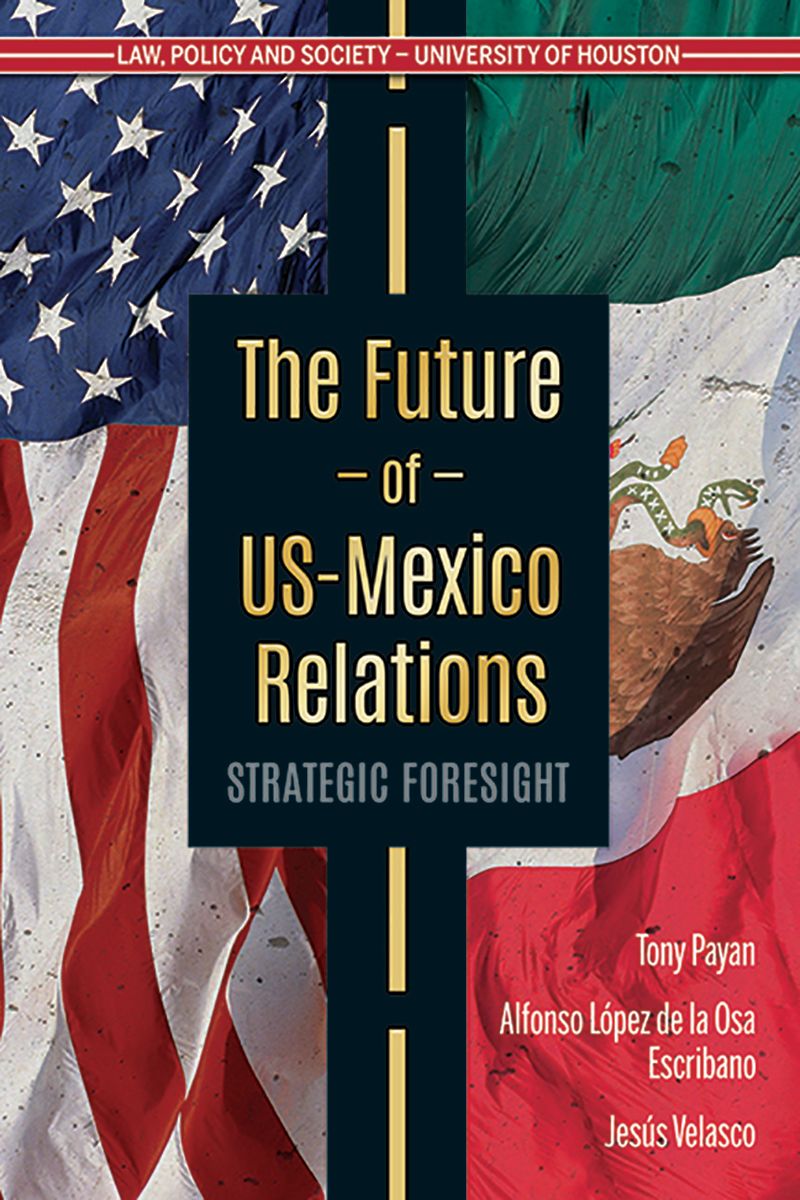

The Future of U.S.-Mexico Relations: Strategic Foresight, edited by Tony Payan, Alfonso López de la Osa Escribano and Jesús Velasco.
304 pp. Arte Publico Press.
This scholarly collection of essays predicts outcomes to key issues in the U.S.-Mexico relationship. Most chapters are co-written by a scholar from the U.S. and another from Mexico. They explore what might occur and make recommendations to achieve a peaceful, integrated and prosperous North America. Escribano is director of the Center for U.S. and Mexican Law at the UH Law Center and an adjunct faculty member of comparative law at the UH Health Law and Policy Institute.

Horsepower, by Joy Priest.
68 pp. University of Pittsburgh Press.
This evocative collection of poems serves as a probing exploration of gender, race and class in Louisville, Kentucky. Originating from a personal space that is at once traditionally Southern and urban, violent and beautiful, racially-charged and working-class, Priest attempts to transcend her social and economic circumstances to be confrontational and engaging. Priest’s first book, it was named winner of this year’s Donald Hall Prize for Poetry. Priest is a doctoral student in Literature & Creative Writing at UH.

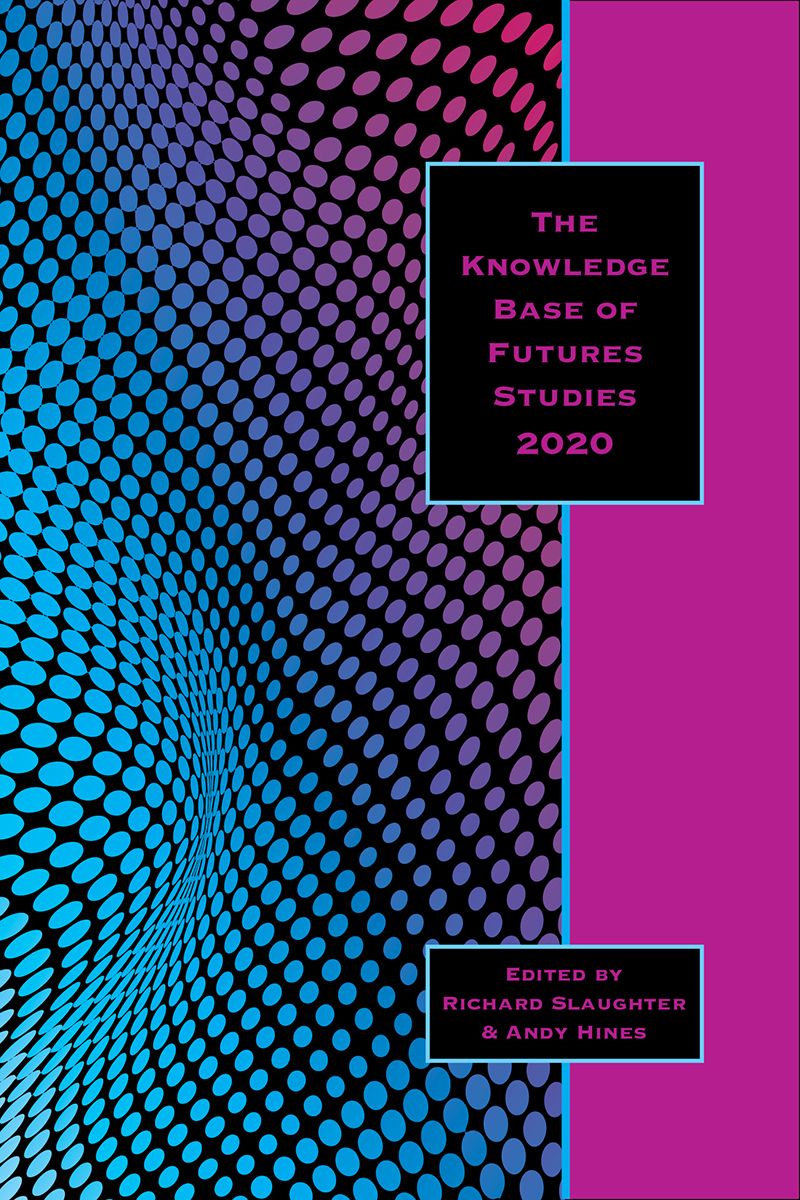

The Knowledge Base of Futures Studies 2020, edited by Richard Slaughter and Andy Hines.
508 pp. Association of Professional Futurists.
Since 1993, thousands of practitioners have encountered the pathway of foresight through the original work “The Knowledge Base of Futures Studies.” Now, an entirely new 2020 edition has been created by the Association of Professional Futurists. The three dozen or so articles provide unique insights into ways that individuals, organizations and societies can respond the huge challenges of the 21st century. Hines is an assistant professor and program coordinator for the UH’s Graduate Program in Foresight.
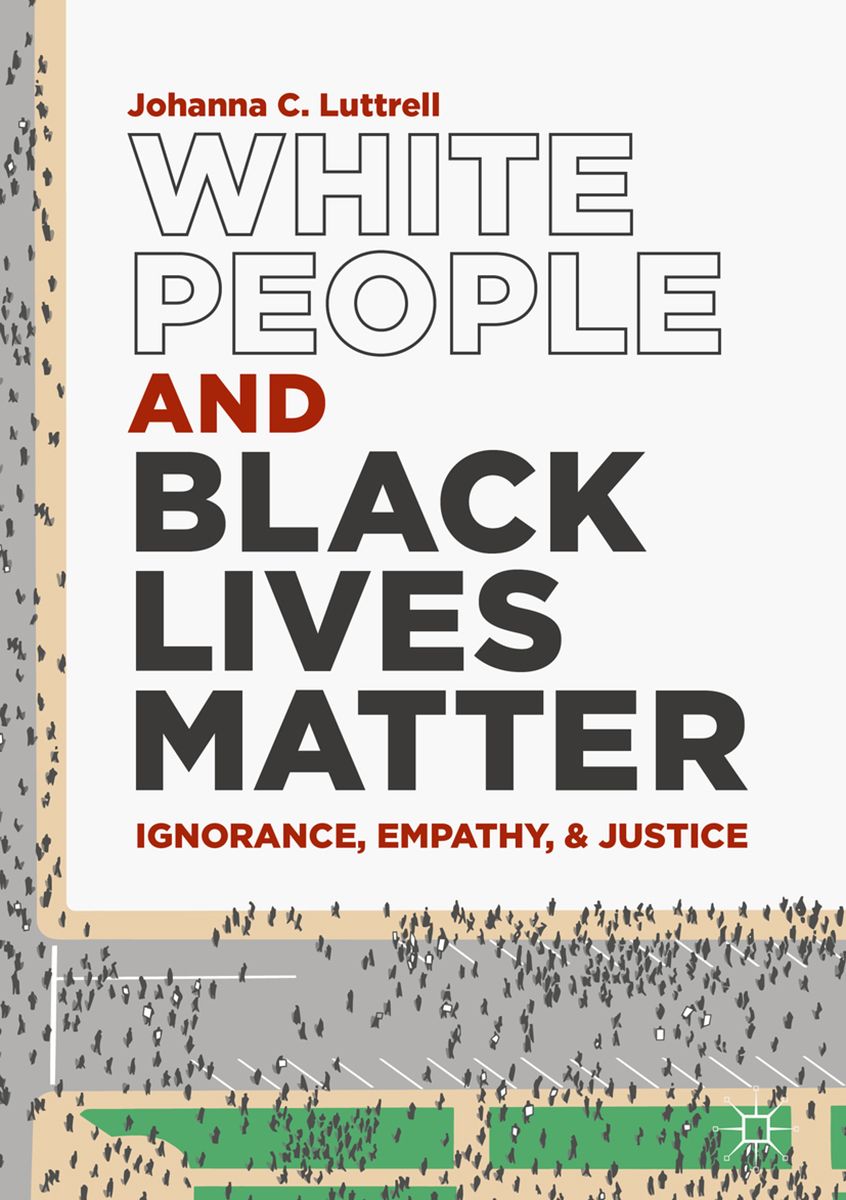
White People and Black Lives Matter: Ignorance, Empathy, & Justice, by Johanna Luttrell.
151 pp. Palgrave Macmillan.
This book examines white responses to Black-led movements for racial justice. It probes reactions that may prevent white people from according to black activists the full range of human emotion and expression. This analysis takes self-serving “allies” to task, while inviting critical engagement and encouraging serious self-reflection. The author suggests new modes of self-awareness and moral and political knowledge are the challenges facing many whites. Luttrell is an instructional assistant professor in the Hobby School of Public Affairs at UH.



Performance and Security for the Internet of Things: Emerging Wireless Technologies, by Haya Shajaiah, Ahmed Abdelhadi and Charles Clancy.
208 pp. McGraw-Hill Education.
This book serves as a concise guide to securing wireless Internet of Things (IoT) systems at the communications level, covering wireless spectrum sharing systems, smart grid communications, machine-to- machine communications and uplink/downlink communications for IoT applications. While the methods, optimization problems, mathematical solutions, algorithms and programming codes in the book can be applied directly, they can also be extended as countermeasures for different IoT vulnerabilities. Abdelhadi is an assistant professor of engineering technology at UH.
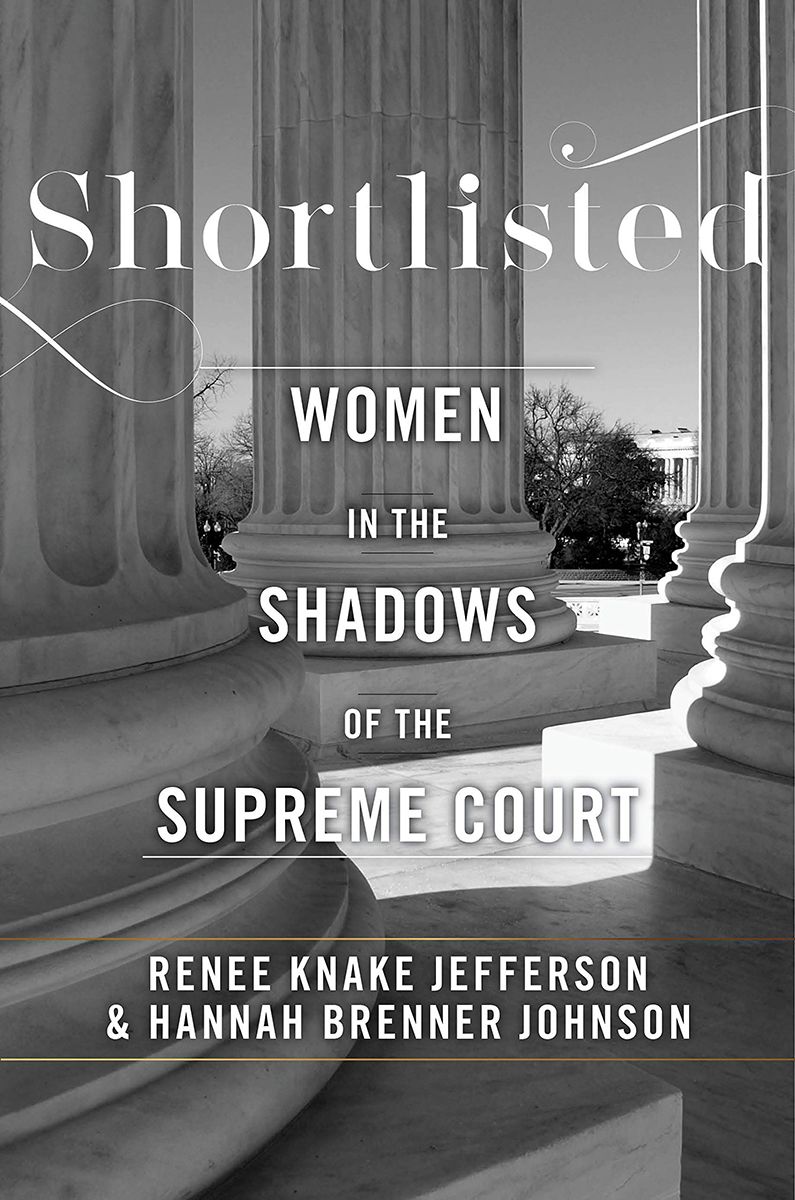
Shortlisted: Women in the Shadows of the Supreme Court, by Renee Knake Jefferson and Hannah Brenner Johnson.
304 pp. NYU Press.
In 1981, Sandra Day O’Connor became the first female justice on the Supreme Court, a watershed moment in the long struggle for gender equality. Yet few know about the remarkable women considered in the decades before. This book tells the overlooked stories of nine extraordinary women who appeared on presidential lists dating back to the 1930s and offers strategies for upending the injustices that still endure. Jefferson holds the Joanne and Larry Doherty Chair in Legal Ethics at the UH Law Center.

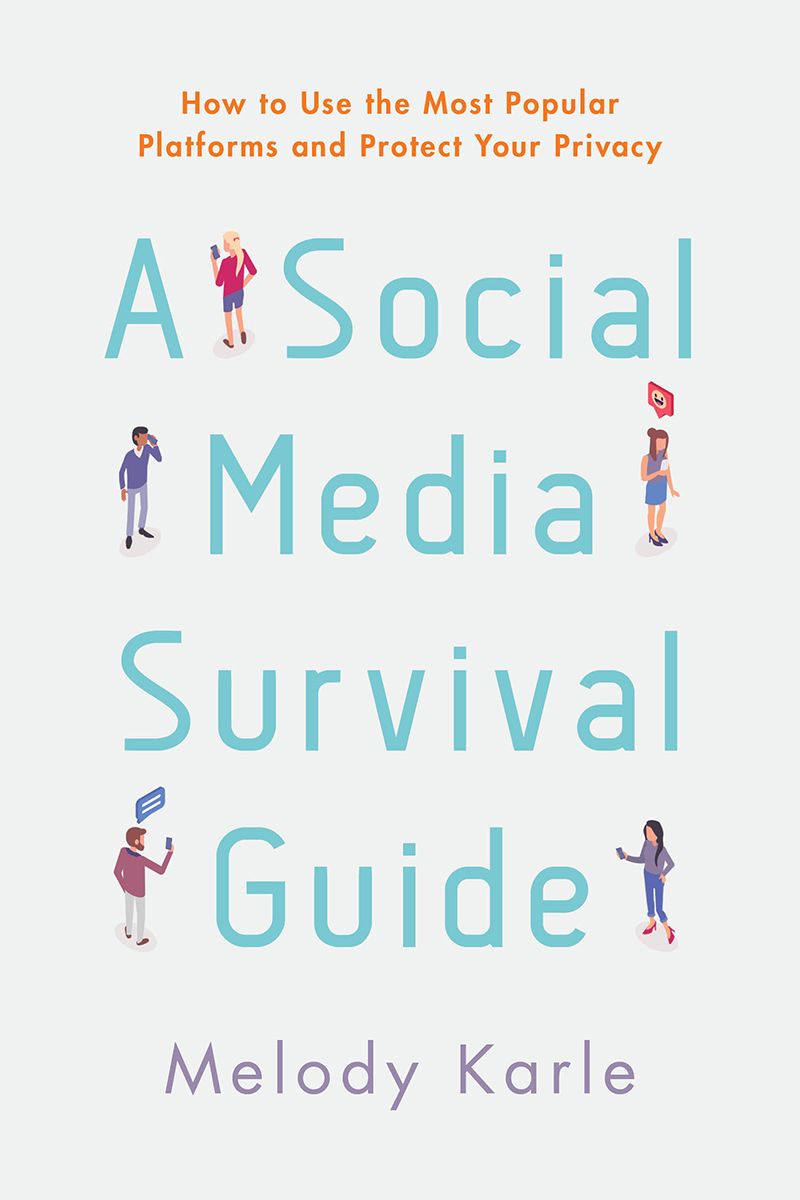

A Social Media Survival Guide: How to Use the Most Popular Platforms and Protect Your Privacy, by Melody Karle.
184 pp. Rowman & Littlefield.
Well considered advice on how to use popular social media platforms, like LinkedIn, Twitter and Facebook, while protecting your personal privacy. This guide is not overly technical and is aimed at a wide audience, from anyone new to social media to more experienced users who want to learn how to better manage and protect their accounts. Karle is a librarian at UH, where she manages data organization and record quality control projects.
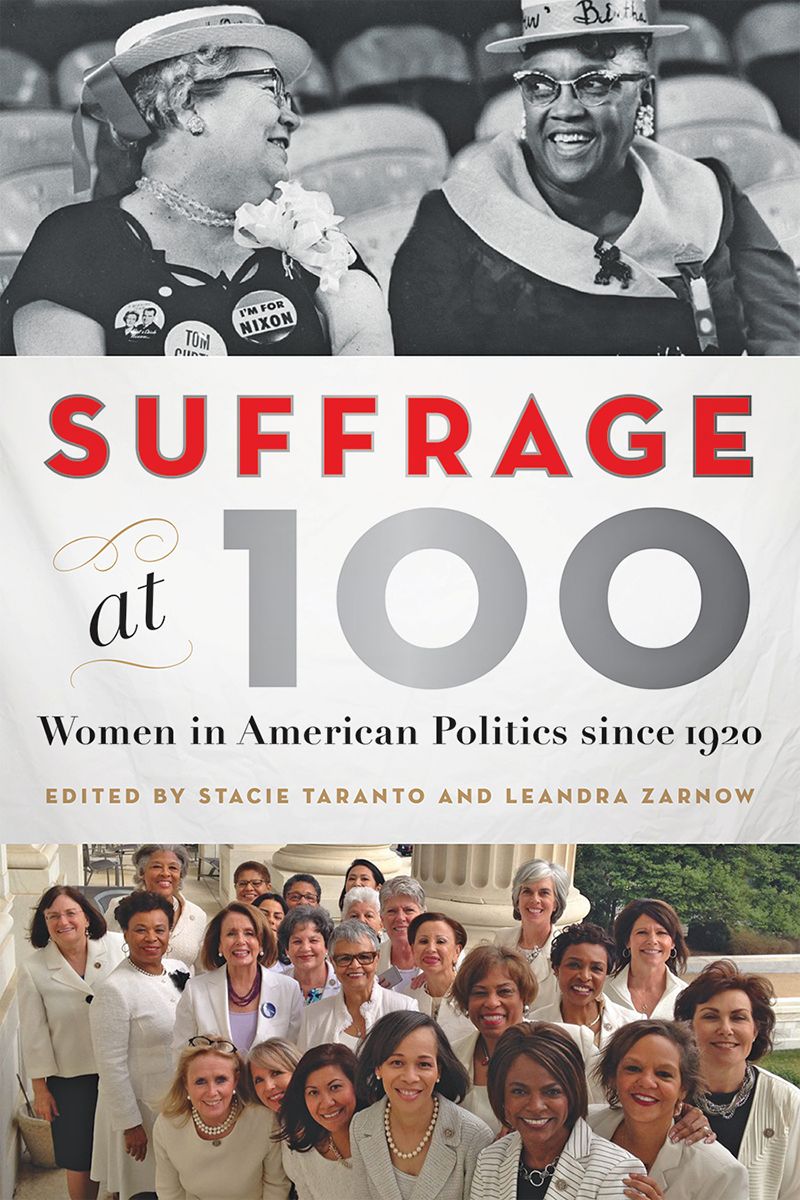
Suffrage at 100: Women in American Politics since 1920, edited by Stacie Taranto and Leandra Zarnow.
472 pp., illus. Johns Hopkins University Press.
This historical exploration brings together 22 scholars to take stock of women’s engagement in electoral politics over the past century. Examining how women have acted collectively and individually, both within and outside of electoral and governmental channels, the book moves from the front lines of community organizing to the highest glass ceilings. Zarnow is an assistant professor of History and affiliated faculty in the Women’s, Gender, and Sexuality Studies Program at UH.

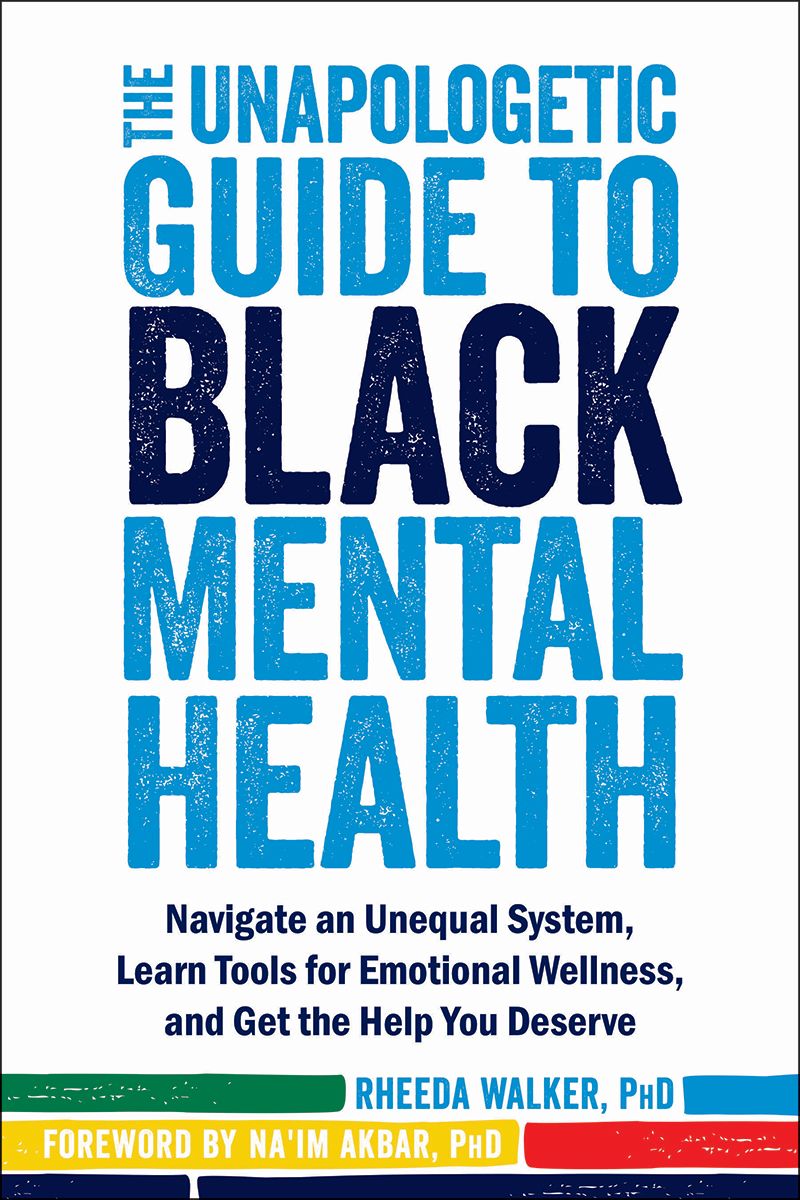

The Unapologetic Guide to Black Mental Health: Navigate an Unequal System, Learn Tools for Emotional Wellness, and Get the Help You Deserve, by Rheeda Walker.
232 pp. New Harbinger.
Professor Walker, who is a licensed psychologist, provides a broad outline of the Black mental health crisis—and offers a road map for those needing to get care in an unequal system. Focusing on the forces that have undermined mental health progress for African Americans, she explains what’s required for African Americans to heal psychological distress, find community, and undo years of stigma and marginalization. Walker is a behavioral researcher and professor in the psychology department of UH.